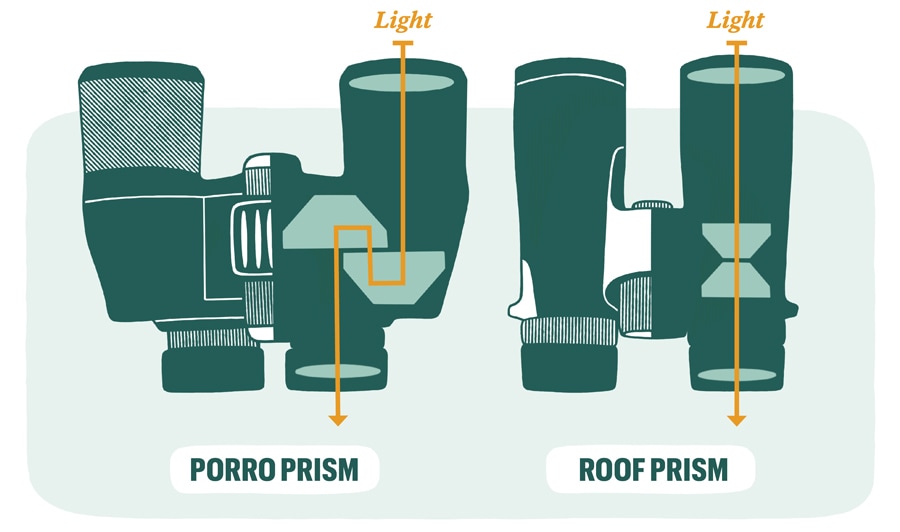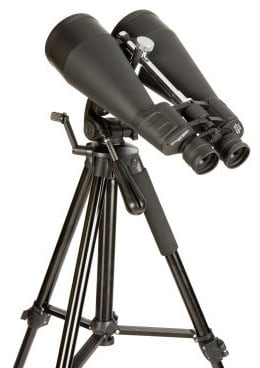Ideal Tips for Selecting the Right Binoculars for Bird Seeing
Ideal Tips for Selecting the Right Binoculars for Bird Seeing
Blog Article
The Importance of Binoculars in Education And Learning and Scientific Study: Just How These Optical Instruments Add To Discovering and Exploration
The integration of binoculars into academic setups and clinical research study is frequently ignored, yet their payment to enhancing observational skills is considerable. In techniques ranging from ecological science to astronomy, binoculars serve as crucial devices that advertise questions and essential reasoning.
Enhancing Observational Abilities
In instructional and study setups, using field glasses significantly boosts empirical abilities among pupils and specialists alike. These optical instruments facilitate a much deeper understanding of remote topics, allowing users to observe details that would certainly or else stay unseen. By employing field glasses, students can analyze wildlife, huge phenomena, and geological formations, cultivating a much more profound link to the subject.
Binoculars serve as important tools in area research studies, encouraging pupils to involve actively with their setting. Via improved observation, they can collect data more properly, causing improved logical skills. This hands-on experience enables the development of critical reasoning, as students need to analyze what they see and relate it to academic knowledge.

Bridging Theory and Practice
Observational abilities created via making use of field glasses normally result in a more profound combination of academic understanding with sensible application. By engaging in direct observation, students can change abstract principles into tangible experiences. This harmony fosters a deeper understanding of scientific principles as students connect theoretical frameworks with real-world phenomena.
For instance, when examining bird biology, trainees can apply their understanding of bird composition and habits with the lens of binoculars, observing traits such as plumage variation, feeding practices, and migratory patterns. This direct engagement not only reinforces academic principles yet likewise cultivates vital thinking and analytical abilities.
In addition, using field glasses motivates learners to formulate theories based upon their monitorings, consequently improving their scientific inquiry abilities. They can actively evaluate these hypotheses in the area, causing a much more experiential knowing environment that advertises interest and expedition.
Basically, field glasses work as an essential device in connecting the gap in between classroom learning and fieldwork - Binoculars. They encourage students to come to be active individuals in their education, urging a holistic technique to comprehending the environment and its complexities. Therefore, the integration of theory and technique is critical for promoting informed and engaged students
Applications in Environmental Science
Making use of field glasses in environmental science improves the capacity to observe and examine ecological communities with better accuracy. These optical instruments are crucial for carrying out area studies, allowing scientists to monitor wildlife populaces, analyze plant health and wellness, and review environment conditions without disrupting the native environment. Binoculars help with the recognition of types at numerous ranges, allowing scientists to gather important information on biodiversity and behavior.
In ecological research study, field glasses are important devices for ornithologists researching bird behavior and migration patterns. They enable researchers to tape-record monitorings over extended periods, contributing to important longitudinal research studies - Binoculars. In addition, field glasses play an essential duty in environment analyses, as they allow for the comprehensive observation of plant communities and their interactions within environments
Ecological teachers likewise benefit from field glasses, as these tools boost experiential understanding possibilities. Pupils can involve straight with their environments, promoting a deeper admiration for environmental systems. By integrating binoculars into educational programs, teachers can motivate the future generation of environmental scientists.
Duty in Astronomy Education And Learning
Using field glasses in astronomy education and learning gives an obtainable portal for trainees and lovers to check out holy sensations (Binoculars). Unlike huge telescopes, field glasses are mobile, straightforward, and fairly economical, making them an optimal introductory device for observing the night sky. Pupils can quickly engage with the universes, cultivating a hands-on understanding experience that enhances their understanding of astronomical principles
Binoculars permit users to observe a selection of celestial items, including the Moon, worlds, and celebrity collections. Importantly, binoculars offer as a bridge to extra complicated expensive tools, supplying fundamental experiences that can spark deeper passion in the area.
In educational settings, led binocular sessions can promote team cooperation and conversation, improving the learning experience. The shared experience of observing celestial spheres can grow a feeling of neighborhood amongst learners. Generally, field glasses play an essential function in debunking astronomy, making it friendly and interesting for people whatsoever levels of education.

Inspiring Inquisitiveness and Inquiry
Field glasses not only promote the observation of celestial sensations yet also spark additional info a feeling of curiosity and inquiry among pupils. By providing a better check out remote objects, binoculars motivate students to ask inquiries and explore the setting around them. This tool transforms passive discovering right into an energetic, interesting experience, fostering a deeper understanding of scientific principles.
When trainees utilize binoculars to observe wild animals, landscapes, visit here or astronomical objects, they establish empirical abilities that are essential for clinical questions. The act of concentrating on certain information motivates them to create theories, perform examinations, and draw verdicts based upon their monitorings. This process not only improves their vital believing abilities yet additionally nurtures a long-lasting interest for expedition.
Furthermore, binoculars can link the space between academic knowledge and real-world application. Inevitably, the usage of binoculars in instructional setups serves as a catalyst for inquisitiveness, equipping students to seek understanding with enthusiasm and cultivating a sense of marvel regarding the globe around them.
Conclusion
In recap, binoculars serve as crucial devices in education and clinical research, considerably enhancing empirical abilities while connecting the gap between theoretical knowledge and sensible application. Their varied applications in fields such as environmental scientific research and astronomy emphasize their significance in fostering inquisitiveness and query amongst trainees. By helping with this thorough evaluations of remote subjects, binoculars not just inspire the future generation of researchers yet likewise grow a profound gratitude for expedition and the clinical method.
Report this page